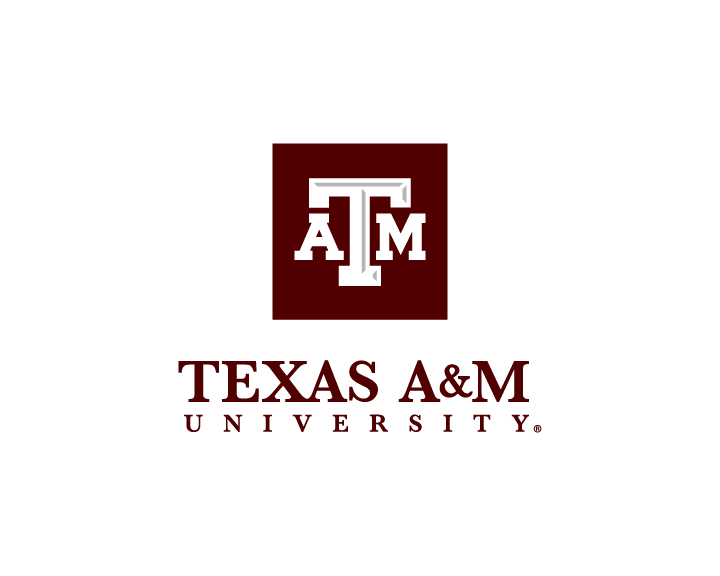Texas A&M: Purina PetCare, Texas A&M Gastrointestinal Laboratory Join Forces To Advance Pet Microbiome Health
The veterinary industry can anticipate exciting new breakthroughs in the frontier of pet microbiome health thanks to a new partnership between Nestlé Purina PetCare Global Research and the Gastrointestinal Laboratory at Texas A&M University’s School of Veterinary Medicine and Biomedical Sciences (VMBS).
The partnership is made possible through a $2 million Purina PetCare Research Excellence Fund, which will run from 2023-2028 and will support diagnostic and interventional research conducted at the Texas A&M Microbiome Research Laboratory. The fund also will facilitate the training of future research leaders in the understanding of the pet microbiome, a community of microorganisms that inhabit an animal’s gut.
In addition to supporting the Microbiome Research Laboratory, Purina has supported a new endowed chair position, the Purina PetCare Endowed Chair for Microbiome Research, at the Texas A&M GI Laboratory. The recipient, Dr. Jan Suchodolski, serves as a professor and associate director for research at the GI Lab.
Unique Pet Health Management Approaches
Texas A&M researchers and Purina scientists have long shared an interest in the pet microbiome.
Research at the Texas A&M GI Lab for more than 25 years has focused on gastrointestinal function testing, GI pathogens, and intestinal microbial ecology, with an emphasis on how intestinal pathogens upset the balance of the intestinal microbiome and how the application of probiotics and prebiotics can help this imbalance.
Nestlé researchers, meanwhile, were among the first in the world to study the interaction of probiotic bacteria with host intestinal cells to activate immune signaling, and Purina was the first pet nutrition company to offer shelf-stable probiotic supplements for dogs and cats to support dietary management of GI conditions and anxious behaviors.
“In recent decades, scientists have learned a great deal about the intestinal microbiome and its role in long-term pet health. This has led to discoveries such as a new way of evaluating the microbiome of individual animals,” Suchodolski said, referring to the PCR-based Microbiome Dysbiosis Index developed by his group at the GI Lab. “Through the Purina PetCare Research Excellence Fund, we look forward to seeing how learnings such as these will help us discover new strategies for veterinarians to use in our approach to the management of patients with chronic GI disease and other conditions believed to be associated with dysbiosis.”
The shared goals of Purina and the Texas A&M GI Laboratory are to understand the intestinal microbiome of dogs and cats and how it relates to overall health.
Through this partnership, researchers from Texas A&M and Purina will collaborate to push the field of companion animal microbiome research forward with the goal to develop new diagnostics and nutritional solutions for pets. The Purina PetCare Research Excellence Fund also allows Texas A&M to continue its role as a global expert in the microbiome and build its investment in the training of future research leaders in this space.
“We believe the research projects and training made possible through our Research Excellence Fund and the newly endowed chair at the GI Laboratory will shape a future where the veterinary profession has safe, novel tools to diagnose and nutritionally manage a range of pet health conditions that result from microbiome imbalance,” said Sheri Smithey, senior vice president, Global Petcare R&D at Purina. “We are confident this Purina PetCare Research Excellence Fund will yield benefits to veterinarians and their patients for many years to come.”
Dr. Michael Criscitiello, associate dean for the Texas A&M VMBS Office of Research and Graduate Studies, said, “I am most excited that this partnership with Purina will further elevate the excellent research and training for which Drs. Suchodolski and Jörg Steiner (University Distinguished Professor and GI Lab director) have attracted international acclaim.”

